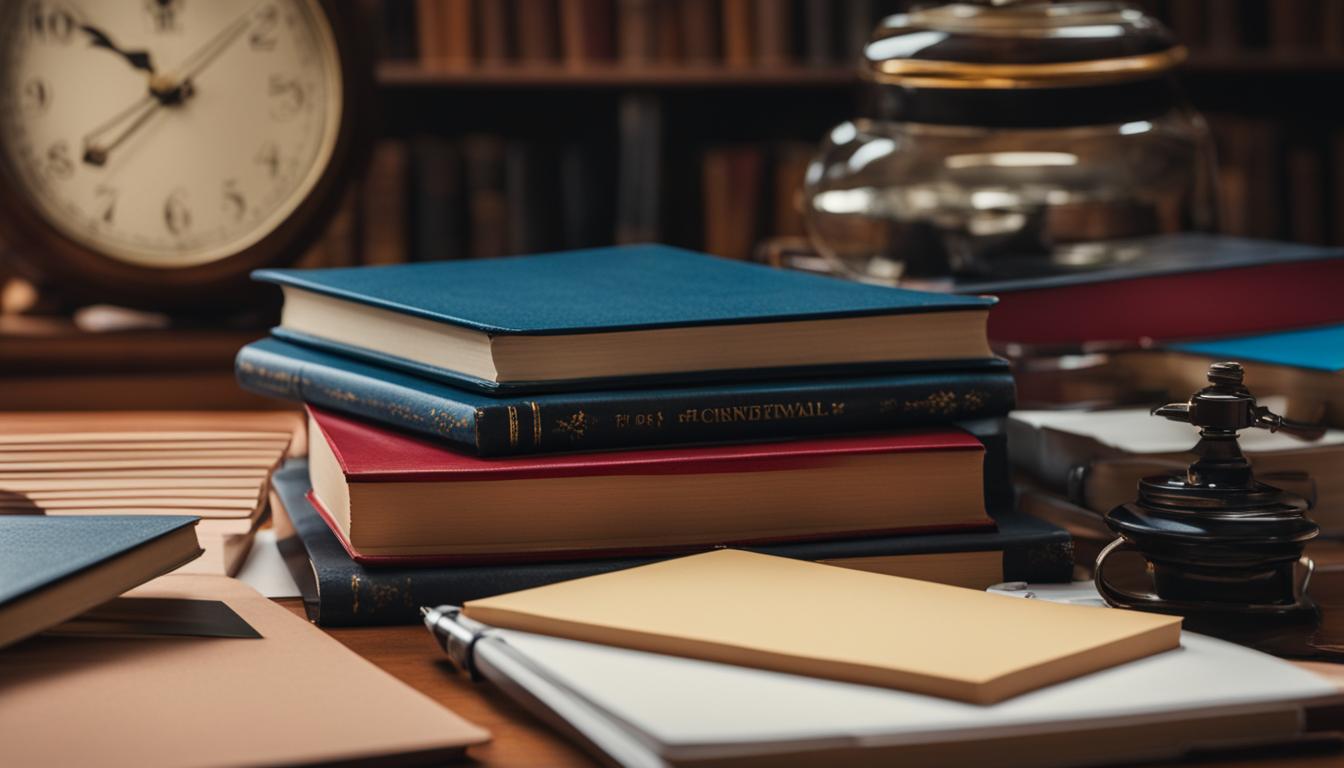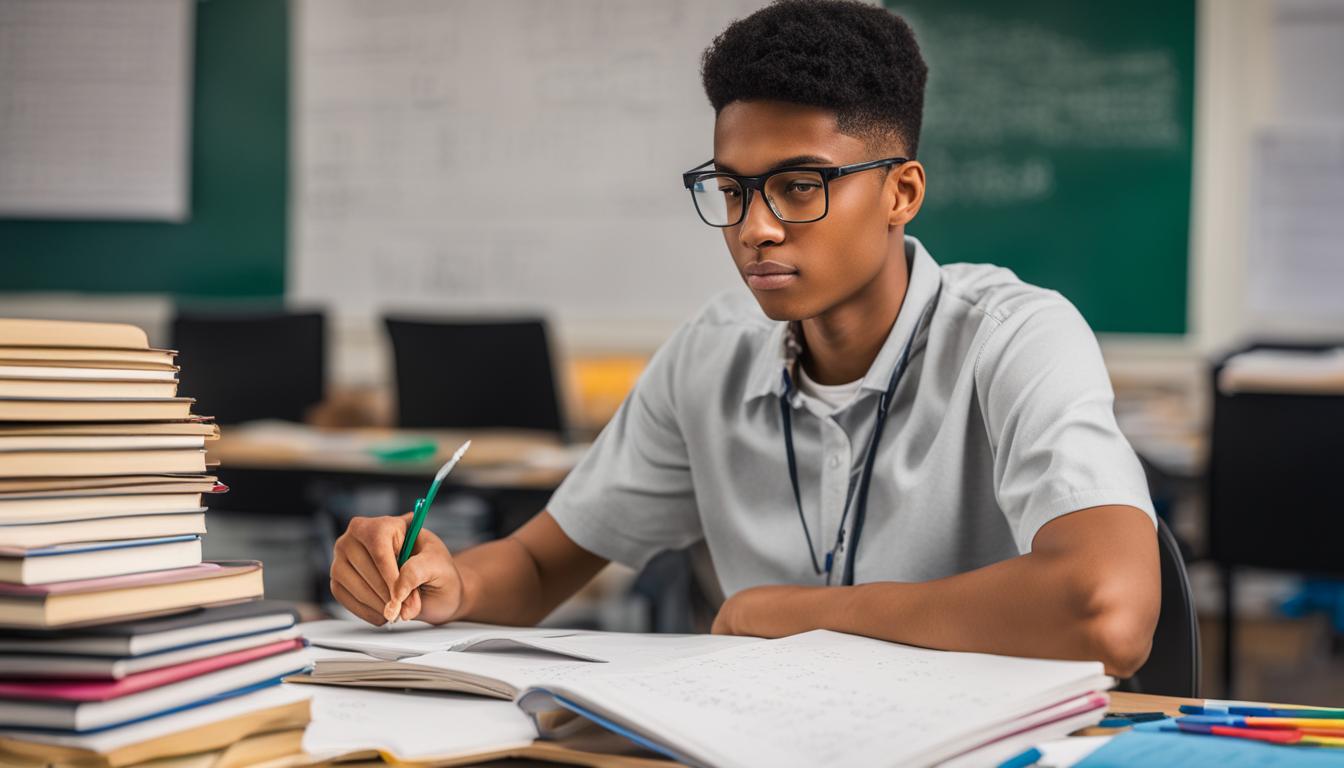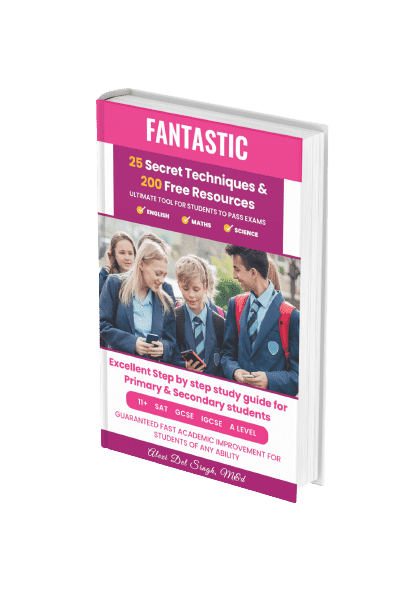GCSEs are considered a bit stressful, but with the right guidance and expert tips, you can maximise your potential for success. To make GCSE preparation easy, EMS Tutoring is here to assist you with a team of highly qualified instructors. Our qualified and experienced teacher will help you grasp the core concepts, make notes and manage time.
Here, we have compiled a list of GCSE preparation tips to assist you in making the process smooth.
Understanding GCSE
GCSE (General Certificate of Secondary Education) is the qualification students obtain at the end of their 11-year schooling in the UK. The exam mainly comprises theory and some investigative work, along with practical work (in some subjects).
Students have a variety of subjects to choose from for their GCSE exam, including Maths, Biology, Economics, Media Studies, and English Literature.

GCSE Exam Preparation
GCSE Preparation Online
There are plenty of online sources that can help you prepare for your GCSE exam. These sources are great ways of revising as they allow you to learn and gain knowledge at your own pace. You can select any topic and learn at any time and anywhere in the world.
The top benefits of taking online courses for GCSE preparation are the following:
- Time flexibility
- Personalised learning
- Cost-effectiveness
- Time management
- Improved grades
EMS Tutoring, a trusted and reliable source, is here to deliver the best online GCSE courses. Get in touch today and secure a 9 in your GCSE with our highly experienced and qualified teachers.
GCSE Revision
The first step involved in the preparation for the GCSE exam is revising the GCSE subjects you have covered in years 10 and 11.
For more focused revision, follow these three learning styles: visual, tactile, and auditory. With these techniques, you will experience more effective and less time-consuming learning.

Visual Learning
You learn better by seeing if you are a visual learner. Acquiring and remembering knowledge graphically is easy for visual learners because they absorb information through visualisation.
If you’re a visual learner, you may benefit from the following revision methods:
- Make flowcharts and graphs to help you remember important information.
- Highlight, colour code and underline the notes.
- Make and apply flashcards.
- Refer to and study the content that includes images and flowsheets.
- To revise the key processes, create storyboards (especially helpful for Geography, Science, and History revisions).
Tactile Learning
You learn better through physical interaction if you are a tactile learner. Tactile learners gain knowledge through their senses as they absorb information through practice and experience.
Being a tactile learner, you can benefit from the following revision methods:
- Write on Whiteboards or Large Sheets: This will require you to make notes as you revise and will feel a more hands-on experience.
- Include Movement in Your Revision: When reviewing the notes, consider adding movements such as chewing gum, fidgeting, etc.
- Carry Out Some Experiments: Perform small experiments on specific topics; this is particularly helpful for GCSE Chemistry, Physics, and Biology revisions.
Auditory Learning
For auditory learners, listening is the best way to learn. They acquire and retain knowledge orally by processing information through speaking and hearing.
You can benefit from the following methods if you’re an auditory learner:
- Use acronyms, songs and rhyme to help you memorise crucial information and ideas.
- Listen to online lectures or podcasts on specific topics and subjects.
- Read your books and notes loudly; you can even record them and listen afterwards.
- Make a lesson plan for your subject and teach it to others.

GCSE Preparation Tips
Here are some helpful tips to prepare better for your GCSE exam:
Create a Revision Timetable
Creating a timetable and following it establishes a routine and gives you an overview of how much you should give to each aspect.
When creating a timetable, keep the following pointers in your mind:
Prioritise Subjects: Some subjects are more complicated than others, needing more concentration. Make a list of the subjects that demand more time and attention revision.
Set Up Time: Take everything into account, including your social activities and coursework, and then allocate time to each subject accordingly.
Find a Study Area
A distraction-free, calm and quiet place is essential to make you study with full concentration. It can be a garden shed, an empty classroom in your school, a library, or an extra room in your house. Whatever the place is, make sure it has a peaceful environment and the necessary furniture (a chair and table).
Change Your Revision Method
You can easily get bored by revising the same information in the same way over and over again. Therefore, to keep yourself active, use different revision tactics such as making use of different revision tools available online, joining a study group, changing your study area, etc.

Take Study Breaks
Taking breaks after regular intervals is necessary to keep your mind fresh. Leave your books or notes, get away from your laptop screen, and engage in an activity that makes you feel good. Then, return to your study space with a more active and fresh mind.
Get Help from Your Teachers
Speak to your teacher for support if you find anything difficult while preparing for your GCSE exam. They can help you with finding simple solutions and can even provide notes on specific subjects.



